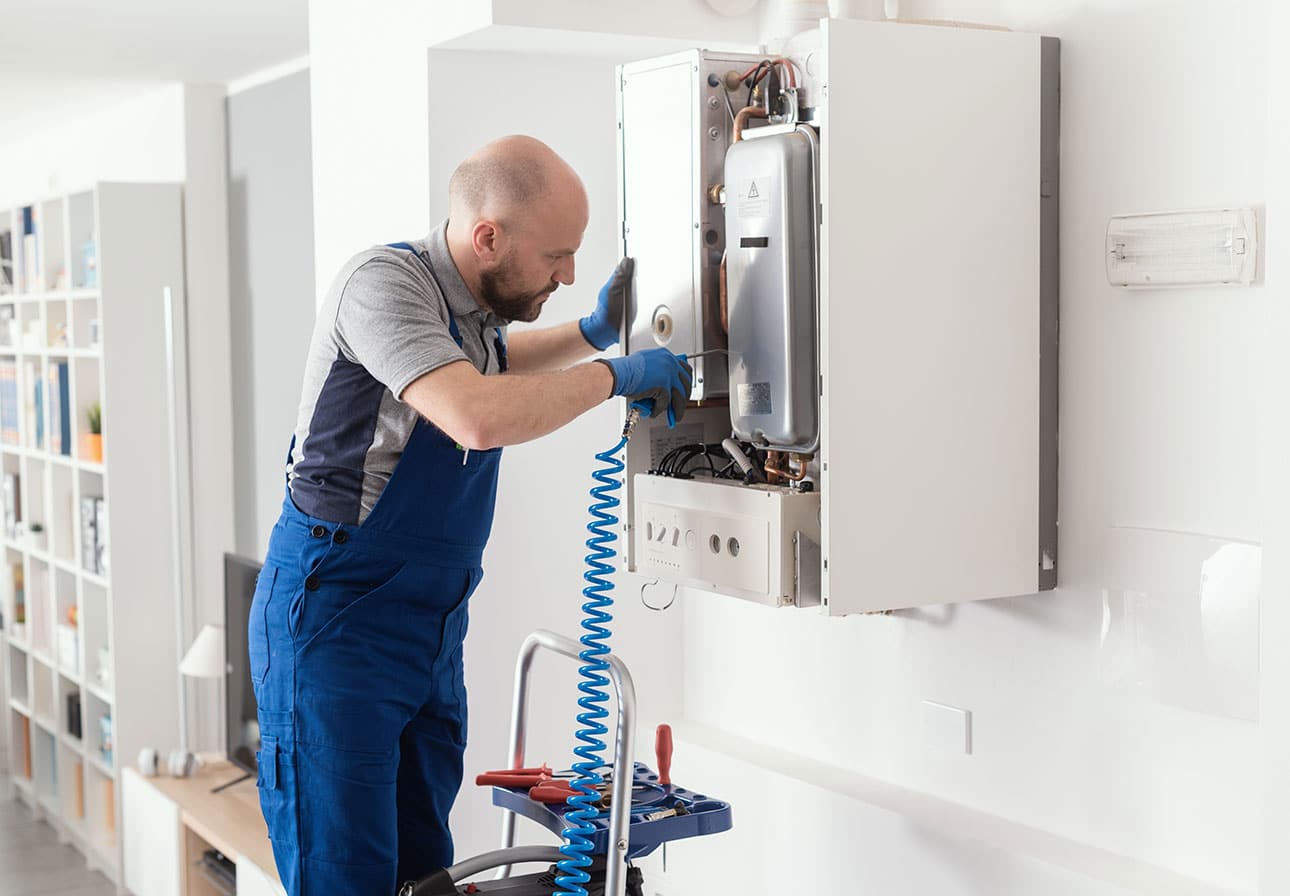Preventing your water heater from Corrosion and Rust
Corrosion in your water heater tank can be a significant reason for replacing the whole water heater unit. Yes, it can affect its performance and lead to a complete failure of the unit. Therefore, you must never ignore the corrosion in your water heater tank. To know and address the problematic areas, you need to remain aware of the spots that are vulnerable to corrosion so that you can make the required efforts to prevent the corrosion problem and get the help of an experienced HVAC professional before it becomes serious.
Protect Water Heater From Corrosion
- The vent pipes connected to your water heater that comes from outside of your homes should be inspected or checked by you for rust, holes, or corrosion. This can cause your water heater to fail or become unsafe for your family. Please refrain from fixing this problem by yourself as this is the job that must be left on HVAC professionals. Holes in the pipes will allow the gas to break out and spread into your home, which can put you and your family at risk.
- Anodes play a vital role in preventing corrosion directly to the water heater tank and allow it within themselves. However, in the case of hard water, the anode’s ability to do its job gets reduced, resulting in corrosion. You must have your anodes checked by hot water heater repair Sacramento professionals to determine whether they are working properly or need replacement.
- Another important step you can take to prevent corrosion is refurbishing the pipe nipples of the water heater to plastic-lined nipples. Copper or brass pipes, when coming into contact with the steel tank surface, remain rust-free, but the steel part will get corroded or rusted. If you replace the manufacturer’s pipe nipples with plastic-lined ones, this capability for getting corroded will majorly be reduced.
- In the water softening process, hard minerals containing calcium and magnesium are removed using salts. However, the majority of water softeners have salts that could get the water heater corroded, leading to an ineffective water heater. In fact, soft water could lead to corrosion of your water heater’s anode at a higher speed. As a result, the anode may become inactivate. So, if you also use a water softening system, call a professional for inspections of your anode rods every year.
- Electric water heaters usually face a problem of corrosion because of heating elements that are involved in the electric water heater system. Since these heating elements are composed of steel interior with copper sheathing, and they can get corroded without effort due to getting wet. For preventing galvanic corrosion issues, you can choose to install galvanized unions with plastic nipples located at the water heater tank’s top.
Apart from this, using corrosion-resistant metals can be a great way to prevent the water heater from getting corroded and rusted. It’s important that your water heater should remain corrosion-free in order to have a longer service life. Also, timely inspections from a renowned HVAC and air conditioning installation Sacramento professionals is a must to address corrosion issues.





